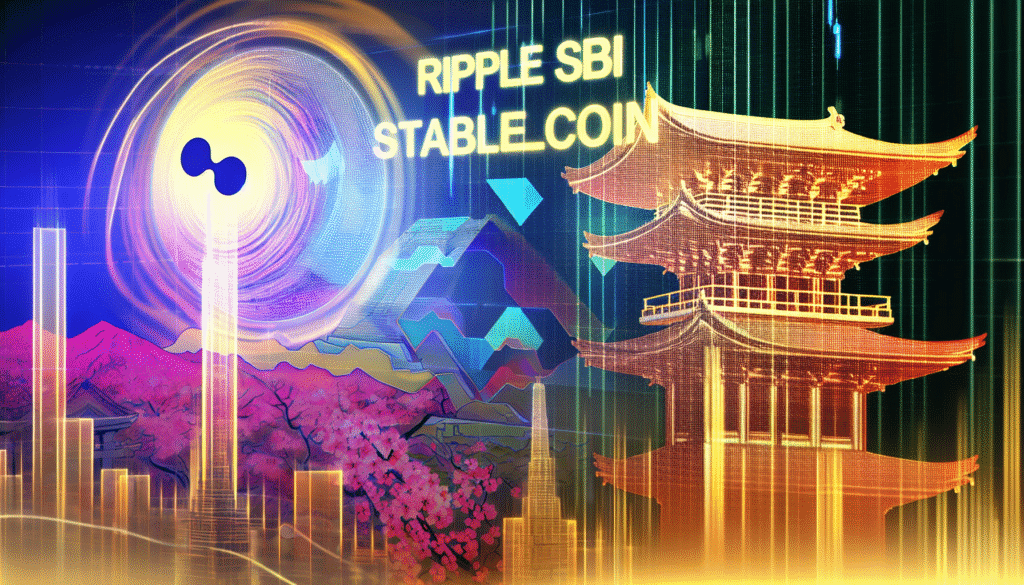
Summary
- Amendments to Japan’s Payment Services Act, effective from 2023, introduced a licensing system for the issuance and distribution of fiat-pegged stablecoins.
- SBI VC Trade has become the first firm licensed as an Electronic Payment Instruments Exchange Service Provider, already offering USDC and soon to include RLUSD.
- Japan has established a systematic and bank-friendly approach to cryptocurrency, with local entities highly valuing compliance, as reported by Decrypt.
Ripple and SBI Holdings are set to introduce the RLUSD stablecoin in Japan by early next year, leveraging the new laws on stablecoins to welcome foreign issuers.
This initiative is formalized under a memorandum of understanding, allowing Ripple’s RLUSD stablecoin to be distributed in Japan via SBI VC Trade, the group’s authorized cryptocurrency exchange, as Ripple announced late Thursday evening.
Ripple’s entry aims to enhance the “reliability and convenience of stablecoins in the Japanese market,” noted SBI VC Trade CEO Tomohiko Kondo.
This development follows the implementation of Japan’s Payment Services Act amendment in June 2023, which established a licensing framework for electronic payment instruments. A previous version of the stablecoin framework was approved by the Japanese parliament in 2022.
The framework is being refined continuously through new amendments expected by 2026, which include relaxed reserve requirements and upgraded licensing tiers, according to a report from Asia Business Law Journal.
Under the new regulations to be enacted next year, only licensed entities like fund transfer service providers or trust banks can issue or distribute fiat-pegged stablecoins, creating opportunities for regulated launches such as RLUSD.
SBI VC Trade became the first company in Japan to obtain an Electronic Payment Instruments Exchange Service Provider license, enabling it to manage foreign-issued stablecoins.
“Japan possesses a very orderly and bank-friendly cryptocurrency framework due to its continuously revised Payment Services Act,” commented Rick Maeda, an analyst based in Tokyo at Presto Research, to Decrypt.
According to Maeda, Ripple “capitalizes on this regulatory advantage as well as SBI’s extensive retail and institutional network.”
He highlighted RLUSD’s “institutional branding and reserve transparency,” factors that could give it an edge over competitors, especially since Japanese market regulators, banks, and businesses “value compliance highly.”
Earlier in March, NYSE-listed stablecoin issuer Circle obtained the first approval for a U.S. dollar-pegged stablecoin in Japan for its USDC product. Meanwhile, Tether, the issuer of USDT, a larger rival stablecoin, has not attained similar approval.
Currently, RLUSD operates with a smaller market cap of around $667 million, with an average daily trade volume of about $71 million, based on data from CoinGecko.
RLUSD is issued under a trust-company charter from New York State, fully backed by cash, short-term Treasuries, and cash equivalents, accompanied by monthly reserve attestations, as detailed by Ripple.
Daily Debrief Newsletter
Receive the latest top news stories daily, including original features, a podcast, videos, and more.

